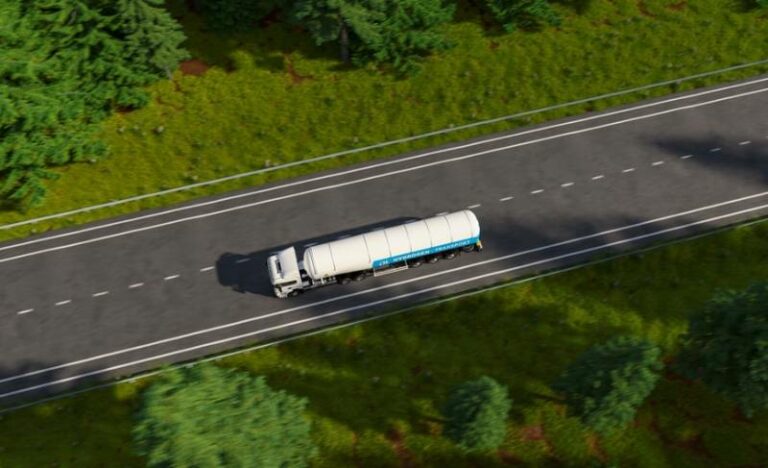Logistics is essential for the vast majority of companies or industries. Given the globalization and complexity of today’s markets, if we do not have an efficient logistics network, whether at international, national or even local level, we can easily find ourselves with an increase in costs and the impossibility of meeting demand, which makes us lose competitiveness.
What exactly is logistics? It is the strategic management of the procurement, storage and distribution of goods and services. However, over the years logistics has evolved and diversified, becoming increasingly complex. This has also led to different logistics specializations or typologies of logistics, i.e. they have the same basis, but with some particularities that differentiate them.
1. Supply or Inbound Logistics
This is one of the most common, and is oriented to the management of a company’s supply chain. For example, the planning and procurement of raw materials, components and supplies needed for the production of goods or services. The main objective of supply logistics is to reduce costs and improve the quality of the final product. If there is a supply problem, as happened in the case of microchips or some critical metals, the entire supply chain is affected.
2. Distribution Logistics or Outbound Logistics
This is another of the most frequent types, since it focuses on the delivery of finished products to customers. It includes route planning, warehouse management and the choice of transportation methods to ensure that products arrive on time and in good condition. It would be very similar to e-commerce logistics, although the latter has its own classification due to the importance it has acquired in recent years.
3. E-commerce logistics
This subtype of logistics has become crucial due to the rise of e-commerce. Although it may seem the same as distribution logistics, as it includes online order management, efficient packaging and fast delivery, in e-commerce logistics time is a crucial factor to meet end-user expectations. In addition, it must have an efficient returns process, as this is another critical factor in the growing Internet commerce.
4. Production Logistics or Manufacturing Logistics
This type of logistics is mainly oriented to manufacturing processes, which involves, for example, the coordination of machinery, labor and inputs to ensure efficient and high quality production.
5. After-sales or reverse logistics
Reverse logistics takes place when the order reaches the customer and the customer returns it for some reason. At that moment, a process of returning the product from the end consumer to the manufacturer or distributor is activated, which will be in charge of recovering, repairing, recycling or disposing of it. We speak of after-sales logistics if it is a question of managing product returns, repairs and warranties, or of reverse logistics if the recycling or disposal of the product or material has to be managed. Green logistics comes into play in this type of logistics.
6. Green logistics or Green Logistics
Green logistics refers to the set of actions implemented by a logistics and/or transportation company to control and minimize the environmental impact of its activity, especially in reverse logistics, since this is where most waste is generated, both in terms of packaging and disposal or recycling of returned products, parts or materials.
7. Warehouse logistics and stock management
Micro logistics management is just as important as macro management. Therefore, warehouse management logistics and inventory control is responsible for the efficient organization of products in warehouses and the optimization of inventory levels to avoid shortages or excesses. To achieve efficient management, a good warehouse management system or WMS is essential.
8. Transport logistics
There is a type of logistics that is especially responsible for managing the mobility of goods, for example, the choice of modes of transport, defining routes and scheduling shipments to minimize costs and transit times. It is usually integrated with distribution and e-commerce logistics, and it is important that the companies involved have software tools that enable the exchange of information for error-free, real-time traceability of goods.
9. International logistics
This is logistics for companies that operate globally, i.e. the import and export of goods across borders, so it must take into account operations such as customs management, international regulations and the coordination of international shipments.
10. Humanitarian logistics
This is a very specific type of logistics, which is activated in situations of natural disasters or humanitarian crises. It is responsible for the efficient distribution of relief supplies to affected areas, prioritizing the lives and well-being of people. It usually has to coordinate private collaborations of both individuals and companies, with governmental entities and NGOs and entities that are in charge of aid on the ground.
Logistics is by no means a new concept, but, as we have seen, its current dimension is a far cry from the old trade. And while each type of logistics has different challenges and particularities, the common factor is that today it would be impossible to ensure efficient logistics without the help of technology.






